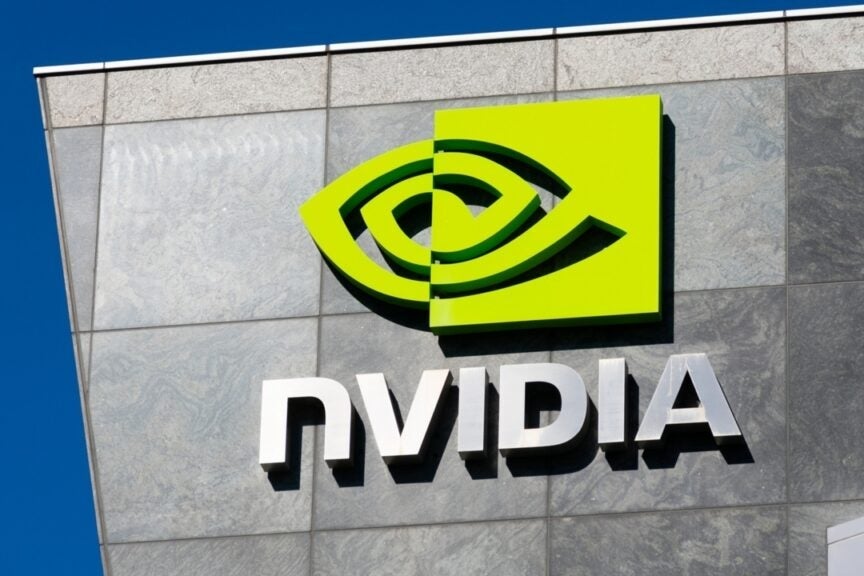Nvidia’s H20 AI Chip: A Game Changer in the AI Market
As the demand for artificial intelligence (AI) technologies escalates, Nvidia’s H20 AI chip has emerged as a pivotal player in transforming the AI landscape. With tech giants such as Tencent, Alibaba, and ByteDance driving this surge, the market dynamics are experiencing a significant shift. This article delves into the implications of Nvidia’s H20 AI chip, its features, and the competitive landscape it faces amidst rising demand.
The Rising Demand for AI Technologies
The increasing integration of AI across various sectors, from healthcare to finance, has created an unprecedented demand for powerful computing solutions. Companies are racing to harness AI’s capabilities to enhance efficiency, improve decision-making, and unlock new business opportunities. According to recent market reports, the AI chip market is projected to grow exponentially, with a compound annual growth rate (CAGR) of over 30% in the coming years. This surge is largely fueled by the need for advanced machine learning, deep learning, and data analytics capabilities.
- Healthcare: AI is revolutionizing diagnostics and patient care.
- Finance: Predictive analytics and risk assessment are becoming more sophisticated.
- Manufacturing: Automation and predictive maintenance are driving efficiency.
As more companies recognize the potential of AI, the competition among major players intensifies. Nvidia’s H20 AI chip is strategically positioned to capitalize on this trend, offering unmatched performance and efficiency in AI processing.
Nvidia’s H20 AI Chip: Key Features
Nvidia’s H20 AI chip is not just another addition to the lineup of AI processors; it represents a significant leap in technology. Here are some of its standout features:
- Enhanced Performance: The H20 chip boasts cutting-edge architecture that delivers superior processing power, enabling faster training of AI models.
- Energy Efficiency: Designed with sustainability in mind, the H20 chip consumes less power while maximizing output, addressing the growing concern over energy consumption in tech.
- Versatility: The chip supports a wide array of applications, from natural language processing to computer vision, making it a flexible solution for diverse industries.
- Scalability: With its ability to integrate seamlessly into existing infrastructures, businesses can scale their AI capabilities without major overhauls.
These features not only enhance the chip’s appeal but also position Nvidia as a leader in the AI market, ready to meet the needs of enterprises grappling with the challenges of AI implementation.
The Competitive Landscape: Major Players
The introduction of the H20 AI chip comes at a time when competition in the AI market is heating up. Major players like Tencent, Alibaba, and ByteDance are not just consumers of AI technology; they are also key developers and innovators. Each of these companies is investing heavily in AI research and development, aiming to carve out a significant share of the market.
For instance:
- Tencent: Known for its extensive ecosystem, Tencent is leveraging AI to enhance user experiences across its platforms, from gaming to social media.
- Alibaba: With its focus on cloud computing, Alibaba is integrating AI to optimize logistics and improve operational efficiencies.
- ByteDance: The parent company of TikTok is utilizing AI for content personalization, creating a highly engaging user experience.
This competitive landscape amplifies the importance of Nvidia’s H20 AI chip. As these companies strive to outpace one another, the demand for innovative solutions like the H20 chip will likely increase.
Implications for Businesses and Industries
The launch of the H20 AI chip has significant implications for businesses across various sectors. Here’s how:
- Accelerated AI Adoption: With more powerful and efficient chips, businesses are likely to adopt AI technologies more rapidly, leading to faster innovation cycles.
- Cost Reduction: Improved energy efficiency translates into lower operational costs, making AI more accessible for startups and smaller enterprises.
- Enhanced Decision-Making: Faster processing capabilities enable real-time data analysis, leading to better-informed decisions across organizations.
The ripple effect of these developments will be felt across industries, as AI continues to transform traditional business models and practices.
Challenges Ahead
Despite the promising outlook for Nvidia’s H20 AI chip and the overall AI market, several challenges remain:
- Supply Chain Issues: Global semiconductor shortages have impacted the timely production and distribution of chips, creating bottlenecks in the market.
- Data Privacy Concerns: As AI technologies become more integrated into everyday life, concerns over data privacy and security are becoming increasingly prominent.
- Market Saturation: With many players entering the AI space, distinguishing between products and maintaining competitive advantage will be crucial.
Addressing these challenges will require strategic planning and collaboration among industry stakeholders, including manufacturers, software developers, and regulatory bodies.
The Future of AI with Nvidia’s H20 Chip
Looking ahead, Nvidia’s H20 AI chip is set to play a crucial role in shaping the future of artificial intelligence. As demand continues to rise, its unique features and capabilities could redefine how businesses approach AI integration. The increasing competition among tech giants will likely spur further innovation, ultimately benefiting consumers and businesses alike.
In summary, as tech giants like Tencent, Alibaba, and ByteDance drive a surge in interest, Nvidia’s H20 AI chip emerges as a transformative force in the AI landscape. This unprecedented demand signals a significant shift in market dynamics and highlights the escalating competition among major players. Companies that embrace these advancements will be better positioned to thrive in an increasingly AI-driven world.
See more Future Tech Daily

